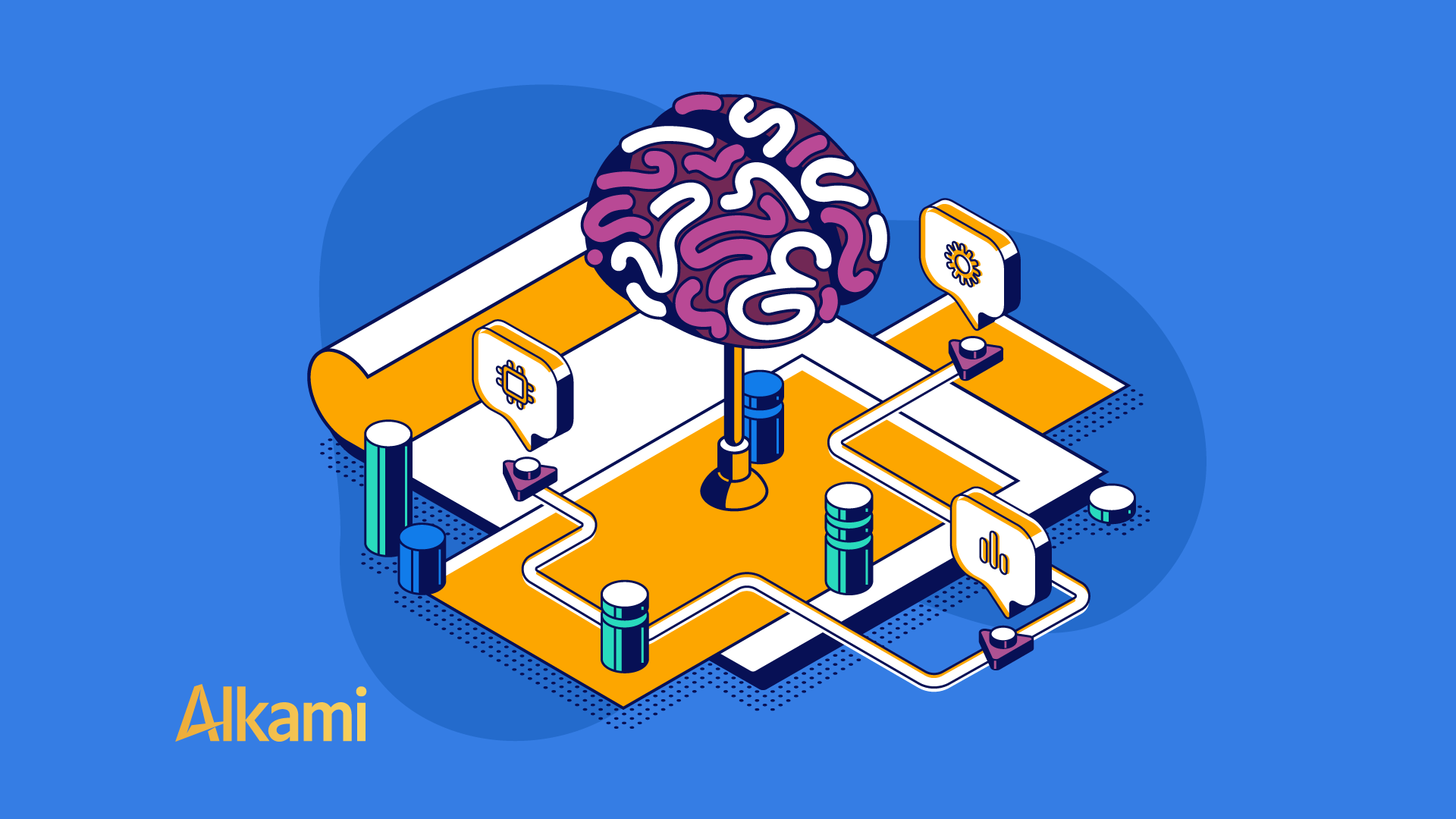Artificial intelligence in banking extends beyond simple automation, incorporating advanced technologies that mimic human cognitive functions and improve various aspects of banking operations. Here’s a closer look at how different artificial intelligence technologies, such as supervised machine learning, unsupervised machine learning or generative artificial intelligence, and robotic process automation, are being implemented in the financial services sector:
By leveraging these artificial intelligence technologies, banks and credit unions can not only enhance their operational efficiencies but also provide a more personalized and secure service to their customers or members. Each type of artificial intelligence in banking brings its own set of advantages to the financial sector, pushing the boundaries of what’s possible in terms of automation and intelligent decision-making.
The landscape of artificial intelligence integration within banking and credit unions is poised for significant change in 2024. Financial institutions are increasingly recognizing the strategic advantages of incorporating advanced technologies like artificial intelligence and RPA into their operations.
According to Ron Shevlin at Cornerstone Advisors, the artificial intelligence 'revolution' is upon us. Since the pandemic of 2020, banks' and credit unions' investments in AI technologies like robotic process automation, chatbots and machine learning have increased. Heading into 2024, roughly a third of credit unions have already deployed RPA and chatbots, with banks a few clicks behind.
Below you will see the trends and plans for artificial intelligence adoption, providing a snapshot of how banks and credit unions are preparing to harness these technologies to drive growth, enhance customer experiences, and improve operational efficiencies.
| Have already invested in or deployed | Planning to invest and/or implement in 2024 | Have discussed at the board or executive team level | Not on our radar | |
| Robotic Process Automation | 27% | 16% | 24% | 34% |
| Chatbots | 20% | 13% | 42% | 24% |
| Machine Learning | 16% | 17% | 37% | 30% |
| Generative AI | 6% | 14% | 53% | 27% |
Source: What’s Going On In Banking 2024 – Cornerstone Advisors
| Have already invested in or deployed | Planning to invest and/or implement in 2024 | Have discussed at the board or executive team level | Not on our radar | |
| Robotic Process Automation | 35% | 29% | 29% | 6% |
| Chatbots | 32% | 20% | 24% | 24% |
| Machine Learning | 21% | 18% | 45% | 16% |
| Generative AI | 7% | 24% | 57% | 12% |
Source: What’s Going On In Banking 2024 – Cornerstone Advisors
These figures underscore the commitment within the industry to not only keep pace with technological advancements but also to actively leverage them to redefine the banking experience for account holders and streamline internal processes. The data illustrates a clear trajectory towards wider artificial intelligence in banking adoption, reflecting an acknowledgment of its critical role in shaping the future of financial services.
While the benefits of artificial intelligence in banking are substantial, the adoption of these technologies comes with its own set of challenges:
To mitigate these risks, financial institutions are advised to adopt clear strategies for artificial intelligence implementation that include comprehensive data governance and continuous monitoring of artificial intelligence systems to ensure they are working as intended without compromising account holder trust or data integrity.
As artificial intelligence in banking technology continues to advance, its potential applications in the financial services sector will expand, offering even more opportunities to enhance operational efficiency and account holder engagement. Banks and credit unions that embrace artificial intelligence and incorporate it into their strategic planning will be better positioned to meet the evolving needs of their account holders and stay competitive in the digital age. Embracing artificial intelligence in banking is not about replacing the human element but rather augmenting it to address the challenges of the 21st century, enhancing customer or member satisfaction, streamlining operations, and ensuring competitiveness in a rapidly changing financial landscape. Implementing artificial intelligence and RPA is essential for financial institutions aiming to improve efficiency and effectiveness in their operations today.
